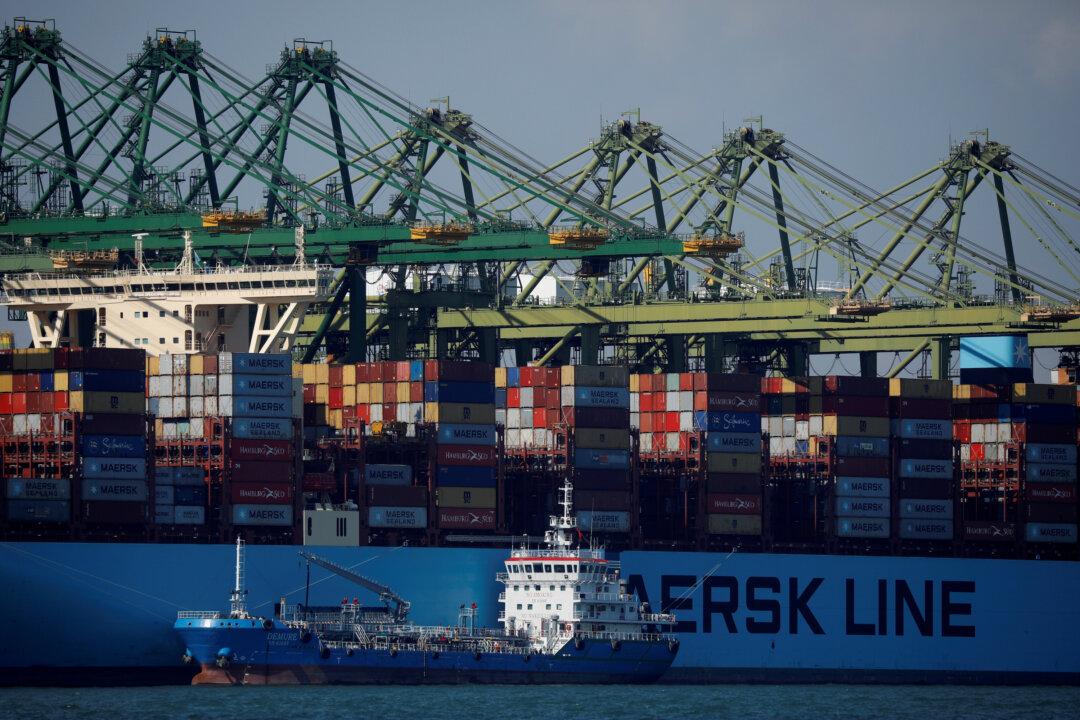The federal government has signed the Regional Comprehensive Economic Partnership (RCEP) on Nov. 15 to facilitate easier trade with South East Asia giving Australia a better way of doing business with some of its biggest trading partners.
Federal Minister for Trade Simon Birmingham said on Sunday that RCEP was “crucial” for Australia as it provides not just economic opportunity but also a chance to secure supply chains.




